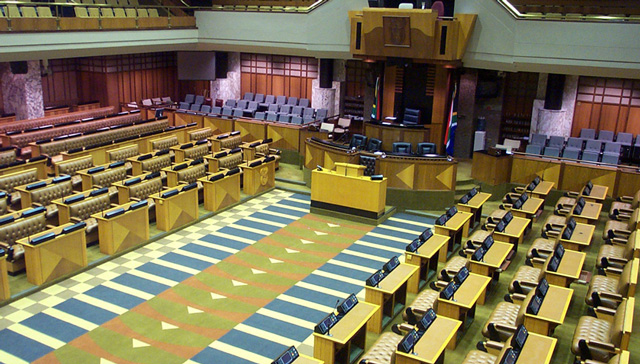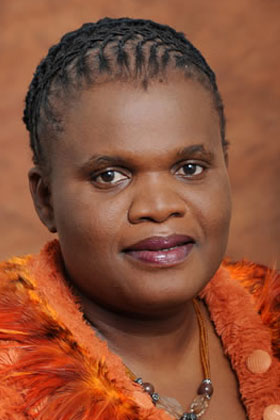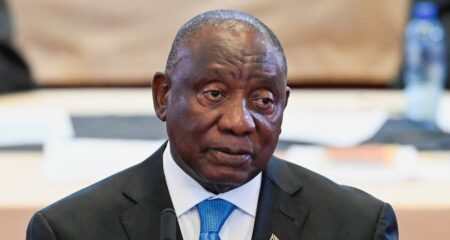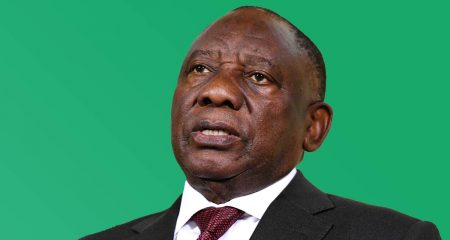
There was nothing wrong with cabinet members having business interests as long as there was no conflict of interest, communications minister Faith Muthambi said.
“Government has noted media reports which highlight the private business interests of President Jacob Zuma and members of the executive,” Muthambi said in a statement on Monday.
“To this end, ministers, deputy ministers and members of parliament have until 15 August to make full declarations of their business interests to parliament.”
Ministers were not denying their business interests, but as reported, certain ministers and deputy ministers were in the process of resigning their directorships.
“Some of these companies are not even active but are still listed,” Muthambi said.
On Sunday, City Press reported that 19 members of the 72-person strong government cabinet — including Zuma — had private business interests.
According to records from the Companies and Intellectual Property Commission (CIPC), Zuma is listed as owning an active company called Michigan Investments that was registered in 1992. However, presidential spokesman Mac Maharaj said that the company was not in operation.
“We are looking at having it removed from the CIPC register,” he told the newspaper.

While deputy president Cyril Ramaphosa is listed as a member of two companies and the director of at least 40, his spokesman Ronnie Mamoepa said that Ramaphosa was withdrawing from day-to-day operations at the companies as well as being in the process of putting his interests into a blind trust.
This is a kind of trust whereby the beneficiary has no knowledge of or right to intervene in the handling of the holdings by trustees.
The City Press reported that some of the ministers with business links who were contacted said they would be resigning from their posts.
Muthambi said the Executive Members Ethics Act, and the Ministerial Handbook were the key frameworks within which members of the executive operated.
“The purpose of the disclosure is to ensure that the officials serve the public in a fair and transparent manner and to hold them accountable for their exercise of power,” she said on Monday.
“The act also makes provision for the public protector to investigate any alleged breach of the code of ethics on receipt of a complaint.”
Cabinet members had to declare any financial or business interests, and withdraw from any cabinet committee or executive council, if their interests were a matter of consideration by cabinet. Alternatively, the president could decide that the cabinet member’s interest was trivial or not relevant.
Interests extended to any financial or business interest which, to the cabinet member’s knowledge, their spouse, permanent companion, or family member had.
The handbook clearly stated executive members could not receive remuneration for any work or service other than for their performance as cabinet members. Nor could they use their position or information entrusted to them to enrich themselves or improperly benefit any other person.
Government remained committed to complying with the annual declaration, in line with the prescribed rules and regulations, Muthambi said. — Sapa




